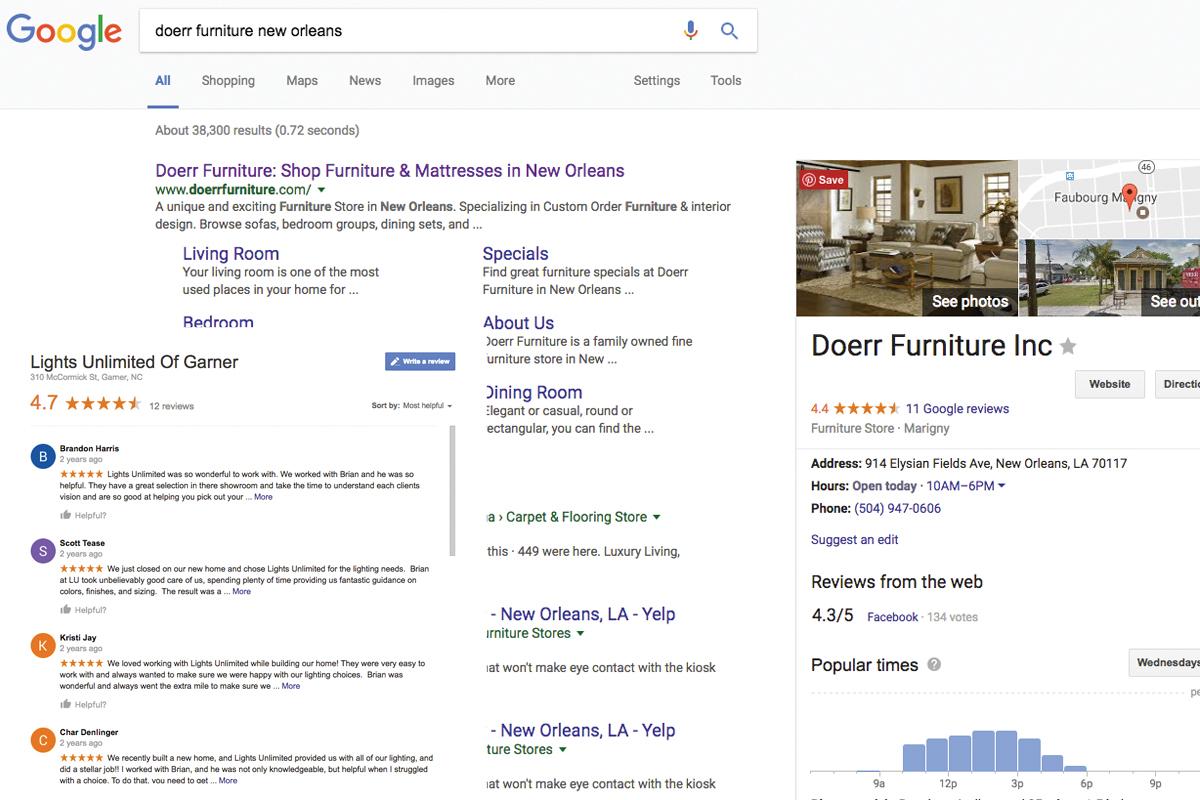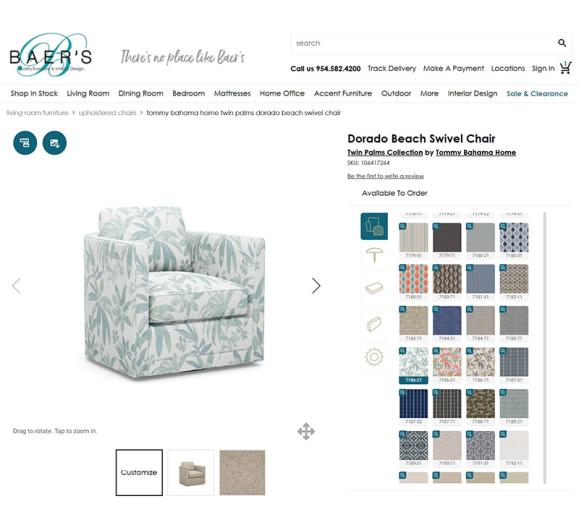When it comes to building a killer searching engine optimization (SEO) strategy, online reviews remain one of the most important components. Google considers an online review to be unique content, and it ranks websites with more unique content higher than sites with less.
But reviews affect more than just a website’s SEO. They can also convince customers to buy from you. According to BrightLocal’s 2016 Local Consumer Review Survey, 84 percent of people trust online reviews as much as a personal recommendation.
We asked digital marketing and showroom specialists why online reviews matter, and how to get more of them. Here’s what they said.
How Online Reviews Affect SEO
Before Google updated its algorithm, shady websites would “keyword-stuff” their pages so as to appear higher in search results. Because of this, search results yielded few decent links and provided little help to the searcher. That’s changing, says Gee Ranasinha, CEO of the small business marketing agency Kexino.
“From an SEO perspective,” he says, “it really comes to all of the search engines moving away from what we would call traditional, conventional SEO indicators to something a little bit more meaningful. Over the last two or three years, we’ve really noticed the way that search engine results have changed.”
Ranasinha says that search engines are focusing more on search intent and creating the best experience possible. If a searcher types in “LED lamps,” then Google will likely turn out results for lamps, showrooms, manufacturers and bulbs to give the user plenty of options.
So how do reviews fit in? Google rewards websites that are credible and regularly updated with unique content by ranking them higher. Reviews add credibility to a site, and they count as unique content.
Strategies for Getting Online Reviews
For lighting and home decor showrooms, online reviews serve as a finger on the pulse.
“It’s always nice to see a good review,” Carla Reck, Lighting Specialist at Lights Unlimited in Garner, NC, says, “because it gives us an idea that a certain salesperson or a certain store is really going out of their way to make the customer happy and serving their needs, and the reviews that are negative give us an idea of what we need to fix.”
At Doerr Furniture in New Orleans, CEO Shane Mutter says sales representatives make a point to ask for reviews.
“When they have a happy customer and they give them good feedback, we ask them politely to go online and review us.”
And the customers usually follow through.
Asking for reviews can work, but Reck says customers often forget to leave them. As a result, Reck has changed her strategy for getting reviews by calling it a “thank-you act” that customers can do to thank the sales associates who have helped them.
“We do like to tell people that [reviewing is] the one thing they can do if they’ve had a really great experience,” Reck says. “If someone goes above and beyond, that’s a great way to say ‘thank you’ to us and say that the service was appreciated. It lets us know that we did a good job.”
But note, whatever you do, never buy reviews, Ranasinha warns. Doing so is against Google’s Terms of Service.
“If you get found out,” Ranasinha says, “Google will hit you like a ton of bricks.”
You’ll never know just how many online reviews convinced customers to visit your store, but one thing is certain: It’s better to have some (even bad ones) than none at all.







